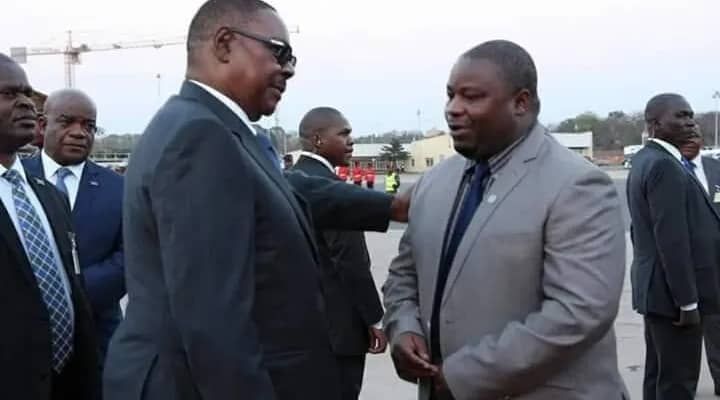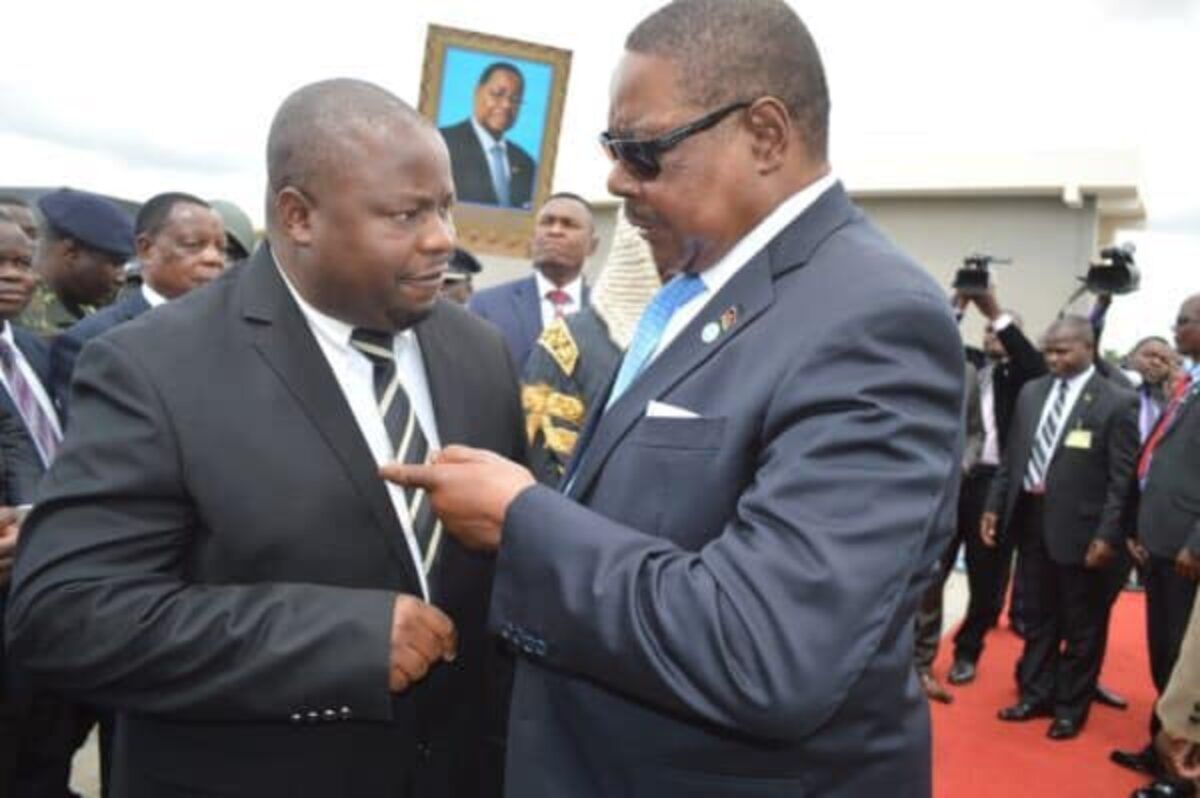By Burnett Munthali
Supporters of Malawi’s main opposition Democratic Progressive Party were hurt and their cars vandalized in February 2024 in the capital, Lilongwe, when suspected armed supporters aligned with the governing Malawi Congress Party attacked their street parade. Democratic Progressive Party, or DPP, officials said the goal of the street parade was to make people aware of the importance of registering for the 2025 election and obtaining national identification.
However, the event was interrupted when, witnesses said, a truck offloaded masked men wielding machetes and other weapons near a gas station where DPP supporters gathered. About 25 supporters sustained injuries and were taken to Kamuzu Central Hospital for treatment. Their conditions were critical but others were treated as out patients.

Opposition
The Opposition is the party or group which has the greatest number of non-government Members in the House of Representatives. It is organised as a body with the officially recognised function of opposing the Government.
The role of opposition is that they have to ensure that the Government does not take any steps, which might have negative effects on the people of the country. The role of the opposition in legislature is basically to check the excesses of the ruling or dominant party, and not to be totally antagonistic.
In politics, the opposition comprises one or more political parties or other organized groups that are opposed, primarily ideologically, to the government (or, in American English, the administration), party or group in political control of a city, region, state, country or other political body.
There’s a difference between opposition and government. The opposition has, as its name suggests, the officially recognised function, established by convention, of opposing the government. It is regarded as the ‘alternative government’—which would form government if the existing government were to lose the confidence of the House, or of the people at an election.
The opposition’s right and duty, if it believes the public interest is at stake, is to oppose the government’s policies and actions by every legitimate parliamentary means. In so doing, oppositions try to convince the electorate that they should change places with the government.
Conclusion
There’s a difference between opposition and government. The opposition has, as its name suggests, the officially recognised function, established by convention, of opposing the government. It is regarded as the ‘alternative government’—which would form government if the existing government were to lose the confidence of the House, or of the people at an election.
Overview. The Opposition aims to hold the government accountable and to present itself to the national electorate as a credible government in waiting. For example, during Question Time, Opposition spokespersons will ask questions of ministers with the aim of highlighting a weakness or embarrassing the government.



